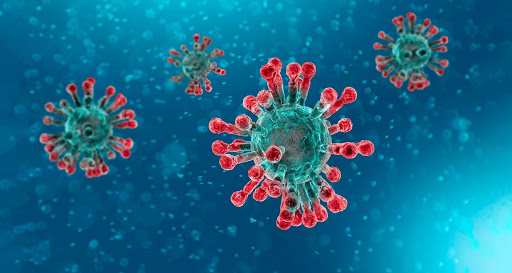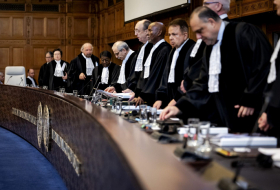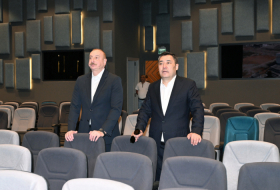New virus in pigs has risk for humans
A new “G4” strain of the H1N1 flu virus found in Chinese pigs has become more infectious to humans and needs to be watched closely in case it becomes a potential “pandemic virus”, a study published by the U.S. journal, Proceedings of the National Academy of Sciences (PNAS) said, although experts said there is no imminent threat.
The study highlights the risks of viruses crossing the species barrier into humans, especially in densely populated regions in China, where millions live in close proximity to farms, breeding facilities, slaughterhouses and wet markets.
The World Health Organization is sending a team to China next week to investigate the origins of the novel coronavirus, its head, Tedros Adhanom Ghebreyesus, told a briefing on Monday.
Outrageous price?
Gilead Sciences Inc on Monday priced its COVID-19 antiviral remdesivir at $2,340 per patient for wealthier nations and agreed to send nearly all of its supply of the drug to the United States over the next three months.
Patient advocates have argued that the cost should be lower since remdesivir was developed with financial support from the U.S. government. U.S. Representative Lloyd Doggett, a Democrat from Texas, called it “an outrageous price for a very modest drug”.
Gilead has linked up with generic drugmakers based in India and Pakistan, including Cipla Ltd and Hetero Labs Ltd, to make and supply remdesivir in 127 developing countries. Cipla’s version is priced at less than 5,000 Indian rupees ($66.24), while Hetero Lab’s version is priced at 5,400 rupees ($71.54).
Social distancing may reduce severity of infections
A study of young soldiers suggests the benefits of social distancing during the pandemic might extend beyond high-risk individuals. When the Swiss army put social distancing, mask-wearing and hygiene rules into effect on a base where no one had been diagnosed with COVID-19, not only was the later spread of the virus limited, but soldiers who did get infected did not develop symptoms of COVID-19.
The results reported in Clinical Infectious Diseases on Sunday (bit.ly/2Vv8KBR) suggest that among healthy young adults, social distancing measures with enhanced hygiene and masks might not only slow coronavirus infection but also reduce the rate of symptomatic patients among those infected, the researchers say.
U.S. teens weigh in on how school should resume
When U.S. schools begin the next academic year with the country still fighting the coronavirus pandemic, students should spend half their time in classrooms and half doing online activities that pinpoint their individual learning style such as videos or reading.
That’s the advice of Nimish Mathur, 17, and his “I’m So Confused Gang” team from DuPont Manual High School in Louisville, Kentucky, who submitted their idea for reopening school in the age of COVID-19 to a competition sponsored by Discover Your Genius, a nonprofit company that challenges young people to solve real-world business problems.
In Mathur and his team’s proposal, half of each class would learn remotely for half the week before switching schedules with the rest of the class, keeping classrooms sparsely filled so students can self-distance to thwart the spread of the virus. It would also help students prepare for another round of 100% remote learning if a second wave of the virus hits, Mathur added.
Reuters
More about: coronavirus
















































